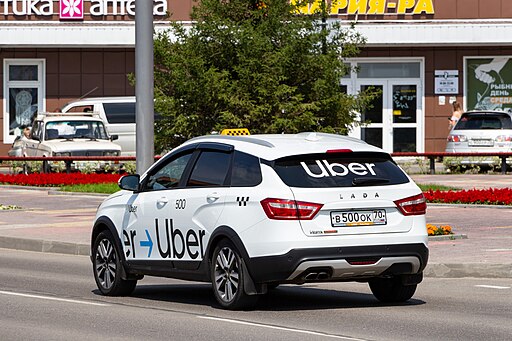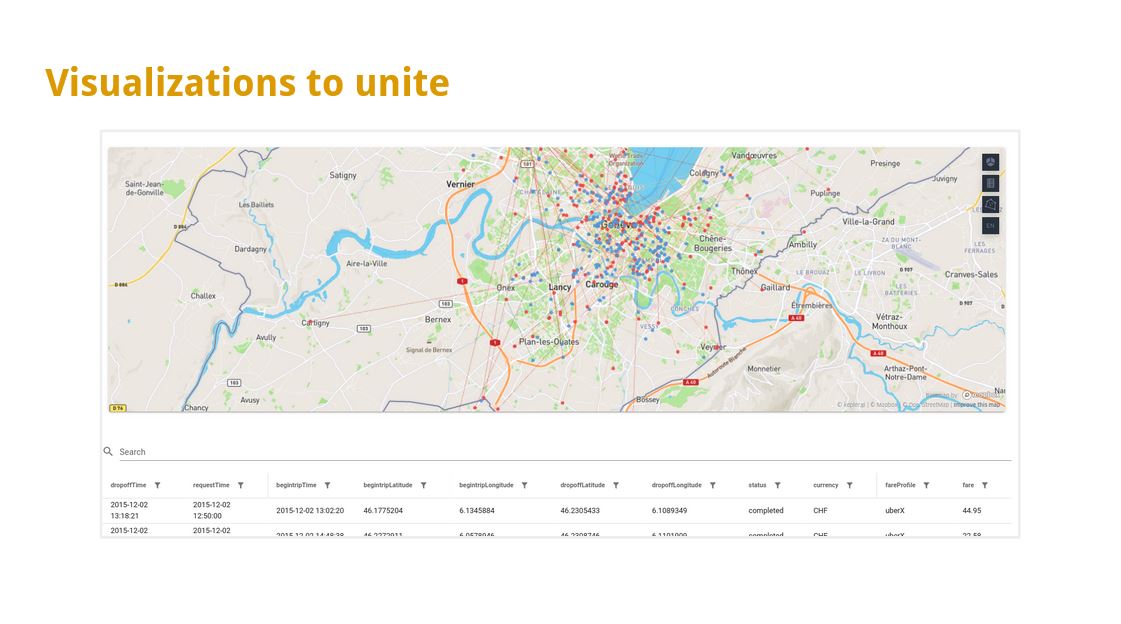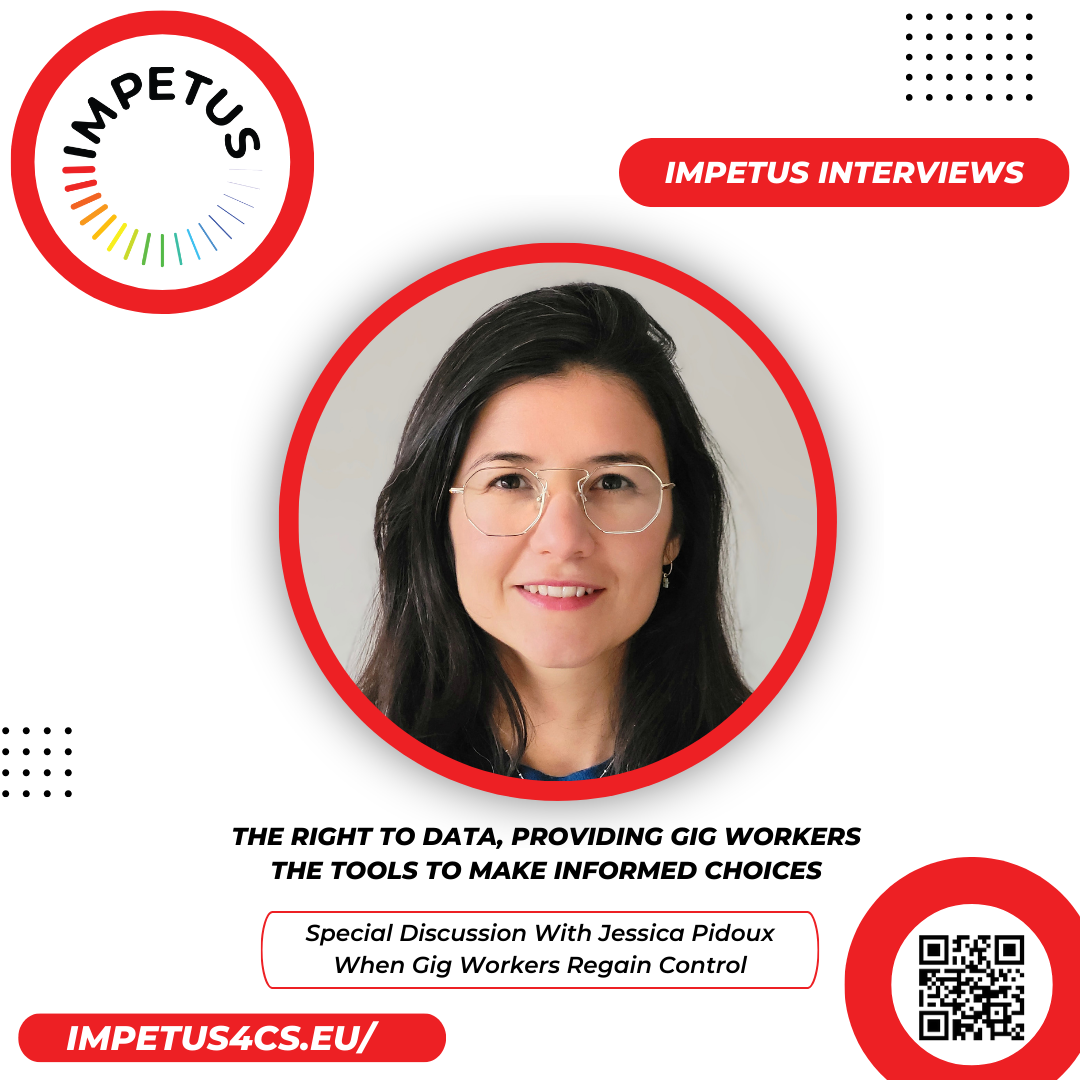The gig economy has boomed in recent years, allowing workers to pick and choose when they work around their daily lives. However, these types of workers often lack the same protection and regulations that traditional contracted employees have, and some industries have been able to take advantage of the “black box” surrounding this business infrastructure.



This is where the citizen science project, When Gig Workers Regain Control, steps in. They have been working with Uber drivers in Paris, France, and Geneva, Switzerland to delve into the intricate landscape of gig workers’ realities. By spotlighting the importance of personal data in shaping their work conditions.
This pursuit not only aims to decode the dynamics of gig labour but also endeavours to craft a pioneering data governance model for fostering innovation. Orchestrated through a participatory approach, drivers affiliated with the When Gig Workers Regain Control project, alongside the cooperative Maze, Sciences Po Paris, and PersonalData.iO, have embarked on a journey to reclaim gig workers’ data from Uber, leveraging their rights to access this crucial information.
Their mission? To dissect Uber’s algorithmic management using open-access tools. Moreover, their ambition extends to establishing new data policy to fuel innovation, heralding a transformative chapter in the gig economy’s narrative.
The When Gig Workers Regain Control project received an Honourable mention at the 2023 European Prize for Citizen Science, and in this IMPETUS interview, we catch up with Jessica Pidoux, a digital sociologist at Sciences Po’s Centre for European Studies and Comparative Politics, in Paris, who also a key member of the When Gig Workers Regain Control project.
We discuss how they worked with Uber drivers to give them the tools to reclaim their data from Uber, and teach them how they can use this data to better inform their working patterns. We also talk about the work the project has done in reshaping data policy, and the future of the gig economy.
Watch the full interview here:



